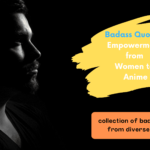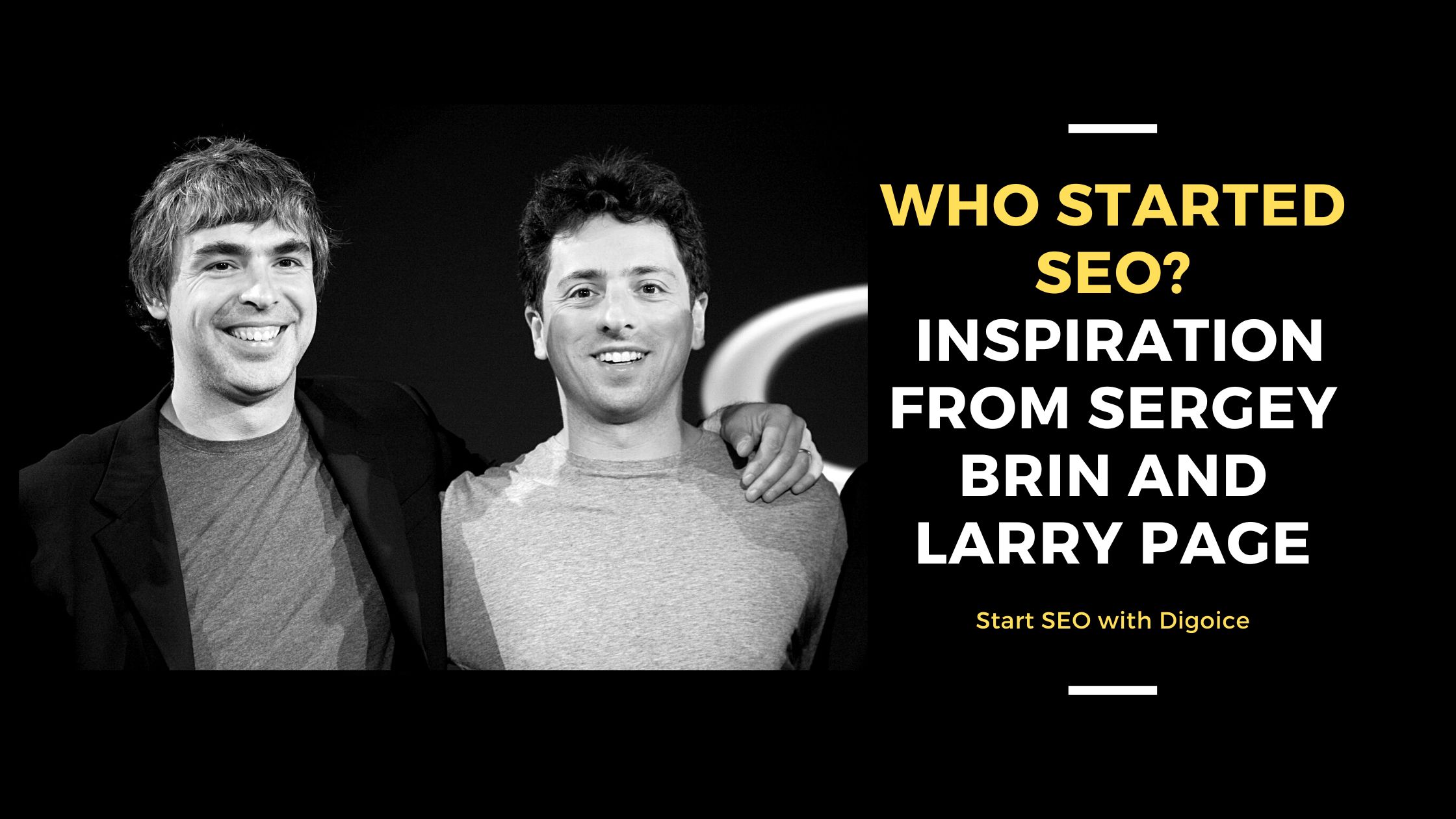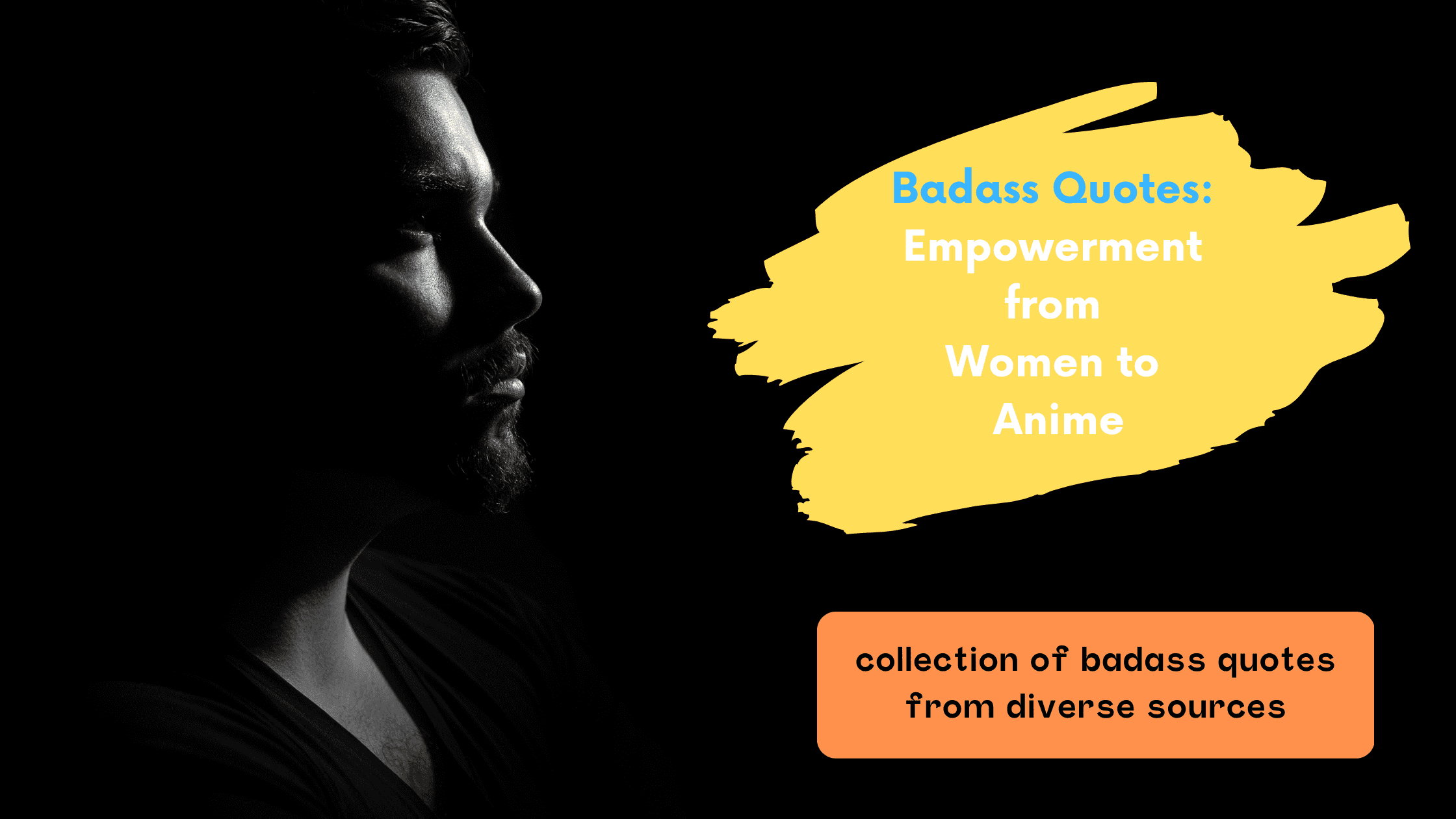We started a digital marketing company, which we call digoice. While working, we looked over to the SEO foundation and listed some details. I would love sharing it with you story of Larry Page and Sergey Bri.
We start with Larry Page and Sergey Brin, the visionary founders of Google, have had a profound impact on digital marketing and SEO. Their innovative thinking and commitment to improving the way people access information online have left an indelible mark on the industry. Here are some inspirational lessons from Brin and Page for digital marketers:
- User-Centric Approach: Brin and Page prioritised the user experience above all else. They understood that providing valuable and relevant search results would lead to long-term success. Digital marketers should follow suit by focusing on creating content and experiences that genuinely benefit their audience.
- Innovation and Adaptation: Google has constantly innovated and adapted to changing technology and user behavior. Digital marketers must stay agile, continuously learning and embracing new tools and strategies to remain competitive.
- Ethical Practices: Brin and Page encouraged ethical SEO practices by penalizing black-hat tactics that manipulated search results. Digital marketers should prioritize integrity and avoid shortcuts that can lead to penalties.
- Data-Driven Decision-Making: Google’s success is rooted in data-driven decision-making. Marketers should leverage data and analytics to inform their strategies, optimize campaigns, and measure results effectively.
- Long-Term Vision: Brin and Page had a long-term vision for Google, and they weren’t deterred by short-term setbacks. Digital marketers should similarly focus on building sustainable, long-lasting strategies rather than chasing quick wins.
The First Algorithmic Concept of SEO
The idea of content optimization for search engines has its origins in the early years of the internet. While no one person can be credited with starting SEO, a number of experts and pioneers made significant contributions to its growth. One such person is Alan Emtage, who is credited with developing “Archie” in 1990, widely regarded as the first search engine ever. Archie indexed data on secret FTP servers to aid users in finding particular information online.
However, the major turning point for SEO came with the introduction of web crawlers and search engines such as Yahoo, AltaVista and later, Google. Webmasters and marketers recognised the necessity to optimise their websites in order to rank higher in search engine results, giving rise to the first SEO practises. Keyword stuffing, meta tags, and link farming were popular during this time period, but they have since become outdated and useless.
The first algorithmic concept of SEO can be attributed to Larry Page and Sergey Brin, the co-founders of Google. In the late 1990s, Page and Brin introduced PageRank, an algorithm that evaluated web pages based on the number and quality of links pointing to them. This breakthrough marked a significant departure from the keyword-based approaches of earlier search engines.
PageRank revolutionized SEO by emphasizing the importance of backlinks and link quality. Webmasters and marketers had to focus on building authoritative and relevant links to their websites, which led to the birth of link-building strategies. This algorithmic concept remains fundamental to SEO even today, although it has evolved significantly with the introduction of countless other ranking factors.
Conclusion
From the start to its current the platform, the evolution of SEO has been shaped by endless innovators and innovators, with Larry Page and Sergey Brin playing important roles in its algorithmic foundation. The future of SEO promises exciting changes driven by artificial intelligence, changing search habits, and a sustained focus on user experience and content quality. Marketers can be motivated by Brin and Page’s visionary leadership by adopting their user-centric, imaginative, and ethical approach to success in the dynamic digital landscape.





